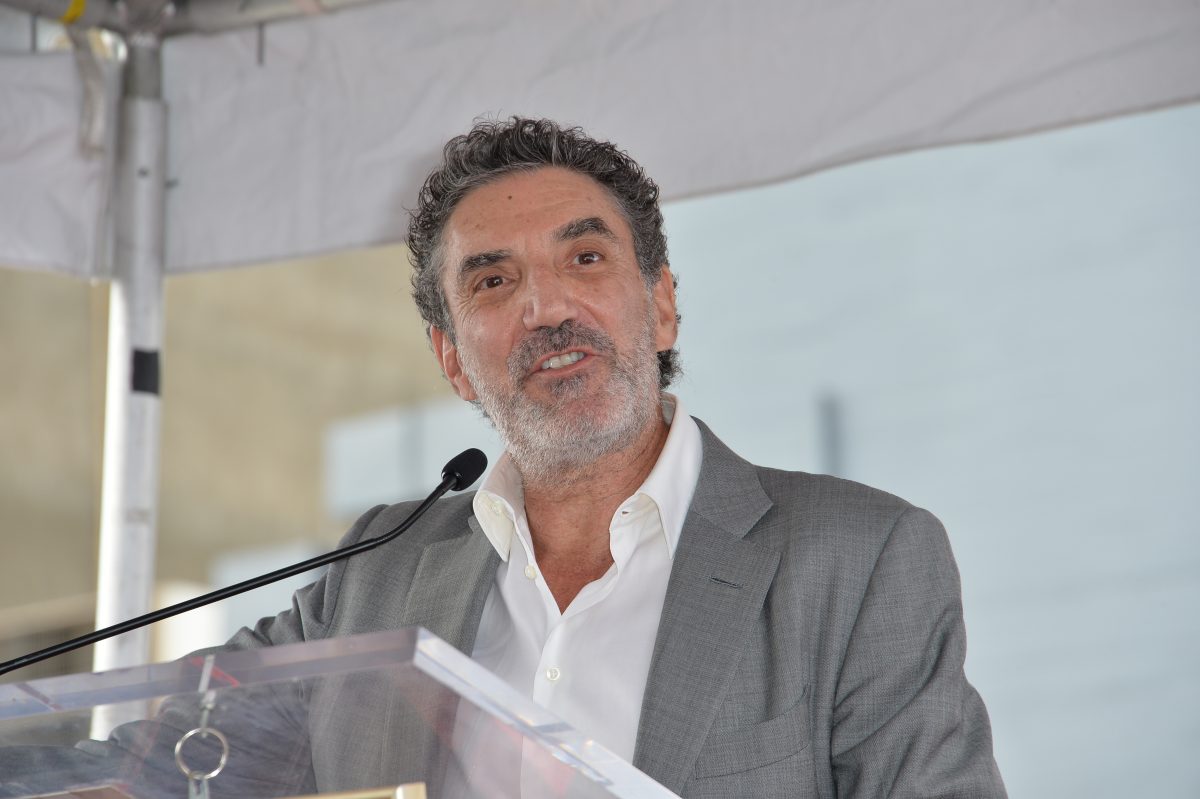Chuck Lorre is donating $10 million towards research education for underserved communities, through his family’s philanthropic foundation.
The considerable gift, given via the Chuck Lorre Family Foundation to Children’s Hospital Los Angeles (CHLA) aims to support research education for high school and college students, particularly those from under-resourced communities across greater Los Angeles.
The Chuck Lorre Research Scholars Program (CLRSP), launched by CHLA, is the result of this generous contribution. The program, which commenced its inaugural class in the summer of 2023, focuses on providing sustained support for students pursuing careers in medicine and science. It begins during high school and extends into college, offering mentorship and valuable training opportunities.
Students from the Samuels Family Latino and African American High School Internship Program at CHLA form part of the inaugural class of CLRSP scholars. Engaging in a 10-week paid summer laboratory research program after their freshman or sophomore year of college, scholars receive mentorship and career guidance from CHLA’s program director. Following their initial summer experience, scholars can apply for continued financial support and research mentorship during subsequent years of college.
Chuck Lorre defined his motivation for establishing the CLRSP, saying, “When students are fully immersed in research, they can suddenly imagine a future in STEM where they can pursue their dreams. That is what inspired me to establish this program.” The initiative reflects Lorre’s commitment to STEM education and supporting students from underrepresented backgrounds on their journey to becoming scientists or clinician-researchers. Lorre’s foundation has been actively supporting CHLA since 2016.
Dr. Emil Bogenmann, director of the CLRSP, pointed to the importance of bridging the gap for college students facing challenges such as a lack of financial support, guidance, and opportunities to engage in laboratory research. The CLRSP seeks to keep students engaged and set them up for success if they decide to pursue graduate or medical school, contributing to a more diverse and inclusive workforce in science and healthcare.
